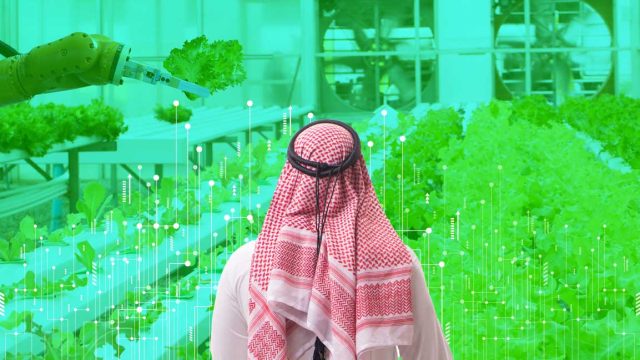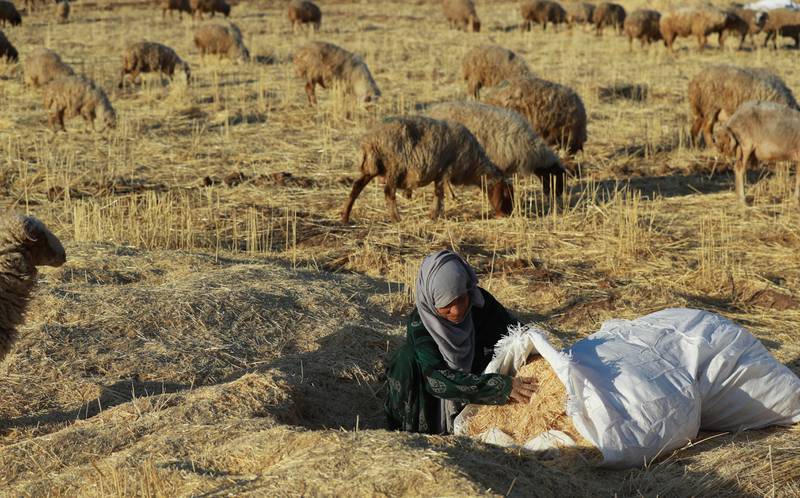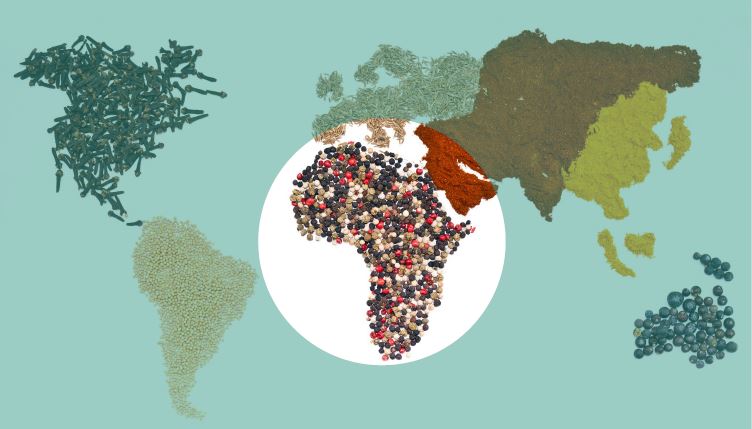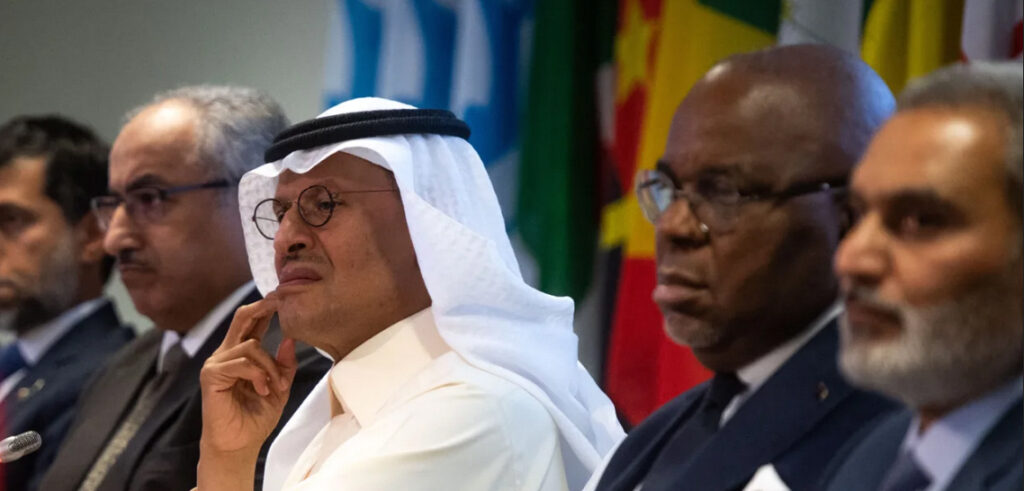Iran-Israel Conflict Intensifies with Large-Scale Missile Attacks

Introduction
In retaliation for a reported Israeli strike on its consulate in Damascus on April 1, 2024, Iran launched an attack of missiles and drone strikes against Israel on April 13, 2024. The midnight escalation followed more than six months of Israel’s catastrophic war on the Gaza Strip, which has killed over 33,000 Palestinians and brought the worst humanitarian crisis. The Iran-Israel conflict has heightened the regional tensions, spilling over into Lebanon and Syria and drawing long-range fire from Yemen and Iraq at Israeli targets.
Iran’s Unprecedented Direct Attack
With tremendous aerial bombardment, Iran launched its first ever direct attack on Israeli territory from Iranian soil. Iran retaliated against Israel by launching an attack after seven members of the Islamic Revolutionary Guard Corps (IRGC), including two generals in charge of operations in Syria and Lebanon, along with six other people killed in an airstrike on the country’s consulate in Damascus earlier this month. It was a carefully planned operation intended to send a clear message against any invasion by the Zionist state. The Iranian President said, “Iran’s attack brought down the glory of the Zionist regime.” In a speech on Army Day, President Ebrahim Raisi stated that the operation demonstrated the readiness of Iran’s armed forces. The attack has been called Operation True Promise by Iran, and it is said that the objective of operation has been achieved.
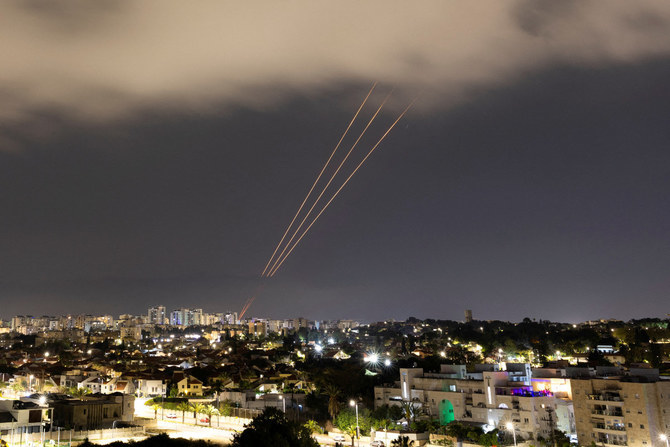
The United States officials estimate that the attack, which started on April 13th, lasted approximately for five hours. Despite the fact that no serious damage was sustained, the missiles pouring down on Israeli soil has tested the region’s biggest military power. Tel Aviv was among the Israeli cities that heard explosions during the strike. As Israeli forces attempted to fire down the rockets, air raid sirens sounded in over 720 places and explosions were also heard in Jerusalem. According to the Israeli military, the Iran attacked with some 300 killer drones, ballistic missiles, and cruise missiles, but with help from the United States, UK, and French forces, 99 percent of them were intercepted outside the country’s border. The western nations, including the United States, the United Kingdom, the Czech Republic, Denmark, France, Mexico, the Netherlands, and Norway, have condemned Iran’s missile and drone attacks, the US imposed sanctions on Iran. Egypt and Saudi Arabia called for restraint. At Israel’s request, the UN Security Council convened an emergency meeting to review the situation. President Joe Biden conducted a meeting with his national security team at the White House and reaffirmed Washington’s ironclad commitment to its ally’s security during his conversation with Israeli Prime Minister.
Miscalculation Risk
Following the Iranian missile and drone attack, Israeli Prime Minister Benjamin Netanyahu convened multiple war cabinet meetings. Herzi Halevi, the Israeli military’s chief of staff, said his country will fight against Iran’s aggressiveness and pledged a response but did not provide specific details. On the other side, the Islamic Revolutionary Guard Corps (IRGC) of Iran has threatened to destroy Israel’s nuclear sites and could even go nuclear if Israel strikes Iran’s nuclear facilities. A senior commander of the Iranian Revolutionary Guards said, Iran may reconsider its “nuclear doctrine” in response to Israeli threats of retaliation. This might heighten concerns over Tehran’s nuclear program, which it has consistently said is only for peaceful purposes.
Furthermore, Iran showed its military strength as tensions with Israel escalate. On April 17, 2024, Iran’s military paraded to demonstrate its readiness for a counterattack from Israel following an unparalleled strike on its archenemy. The parade featured a variety of military weaponry, including drones and long-range ballistic missiles. There were the Dezful medium-range ballistic missile and the S-300 air defense missile system, along with various versions of the Ababil, Arash, and Mohajer drones. Israel was warned by Raisi that any act of violence would be met with “a fierce and severe response.”
In a recent development, on April 19, 2024, the US officials reported that Israel conducted a military attack and fired missile to target an air base near Isfahan. There have also been reports of explosions in Syria and Iraq. Isfahan has sites involved with Iran’s nuclear program, and it is reported that air defenses are active around the city. However, Iran asserted that its nuclear facilities are totally secure and situation is under control in Isfahan. Iranian military authorities even stated that noise heard overnight in Isfahan was caused by air defense systems targeting a suspicious item. The International Atomic Energy Agency (IAEA), the UN’s nuclear watchdog, stated that no nuclear sites had been damaged and has asked the two countries to avoid attacking nuclear facilities.
Plea from World Leaders
A number of Western governments have urged Israel to prevent the Middle East situation from deteriorating. Along with other international leaders, Israel’s allies have consistently asked Netanyahu to refrain from adopting any measures that would escalate tensions with Iran. Additionally, representatives from Europe visited Israel to call for de-escalation in the wake of the Iranian attack, nonetheless, the foreign secretary of the United Kingdom conceded that an Israeli counterattack appeared likely. Before meeting with Prime Minister Benjamin Netanyahu, British Foreign Secretary David Cameron stated, “It is clear that the Israelis are making a decision to act.”
In conclusion, any direct military action by Israel or Iran on nuclear installations would have disastrous effects on the Middle East and beyond. The likelihood of a military confrontation grows as tensions between the two dominant regional countries build, and Israel demands a swift and forceful response against Iran. The current unpredictable situation has increased the risk of escalation, raising concerns of confrontations and crises. To avoid any miscalculation at regional and global level, immediate diplomatic efforts are required to open lines of communication, de-escalate tensions, and reach agreements to the underlying issues.
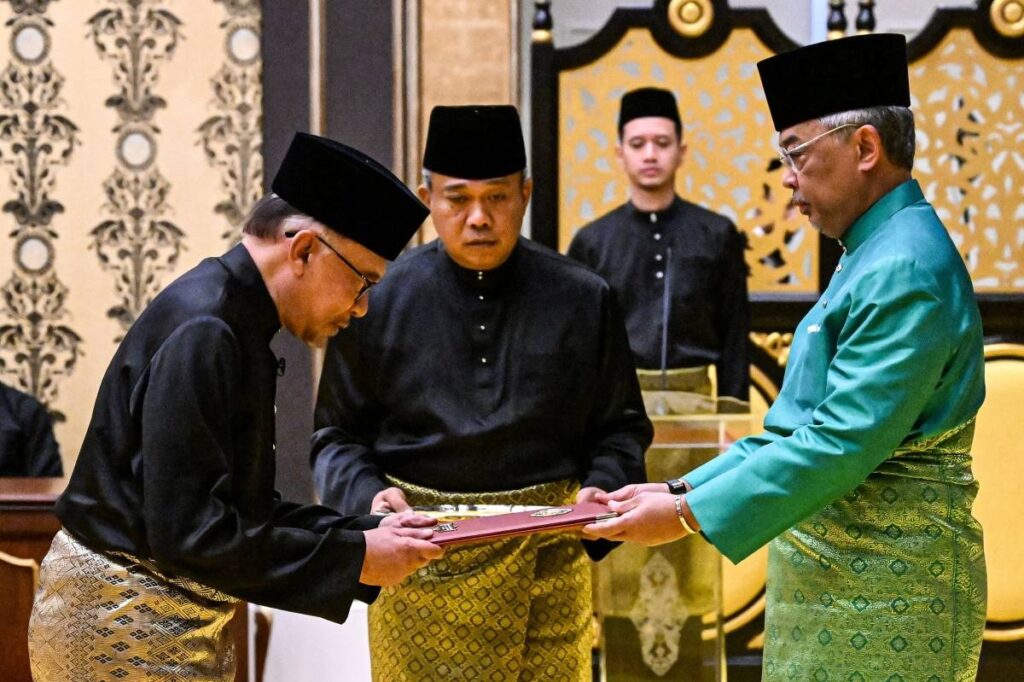
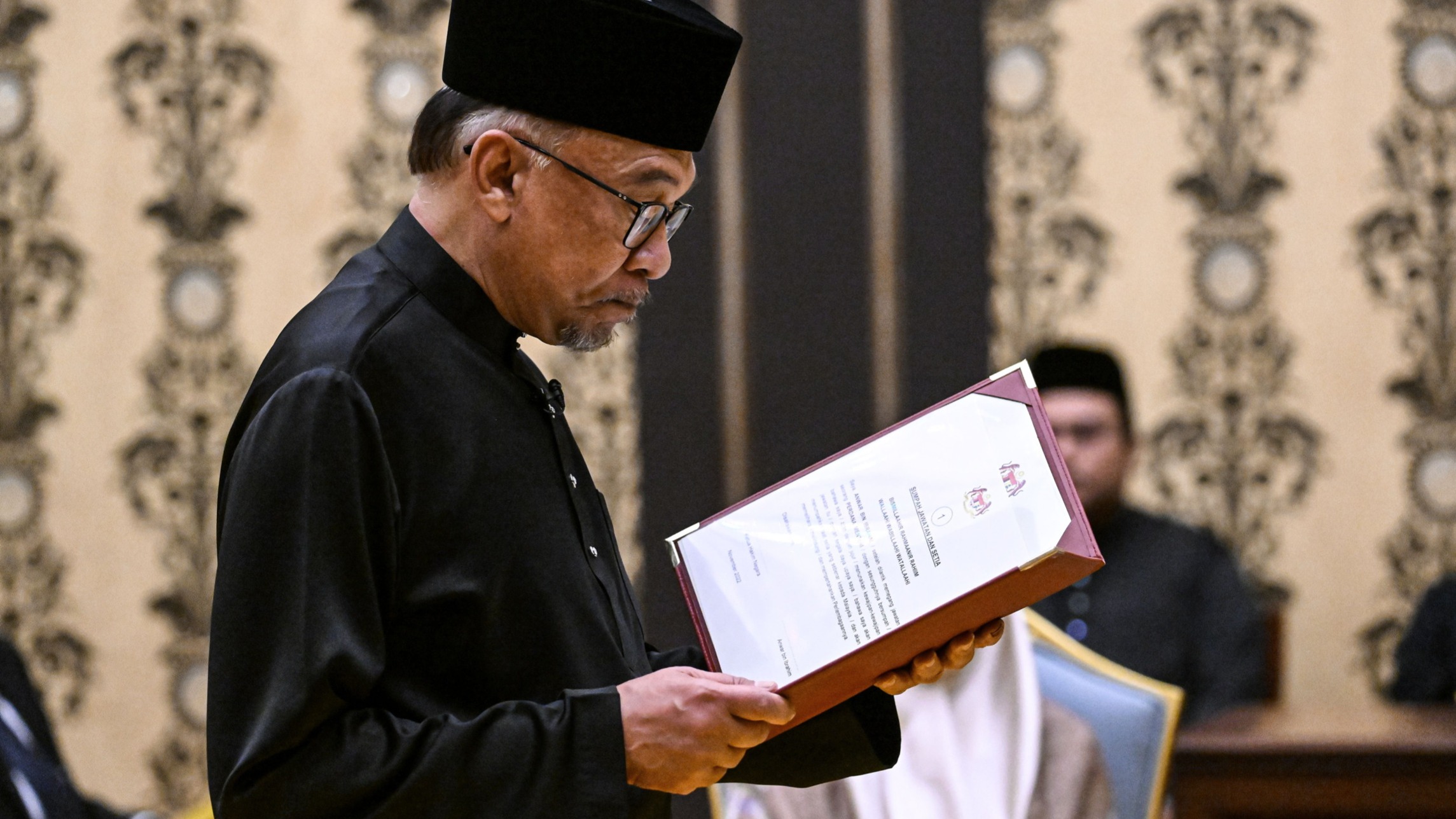
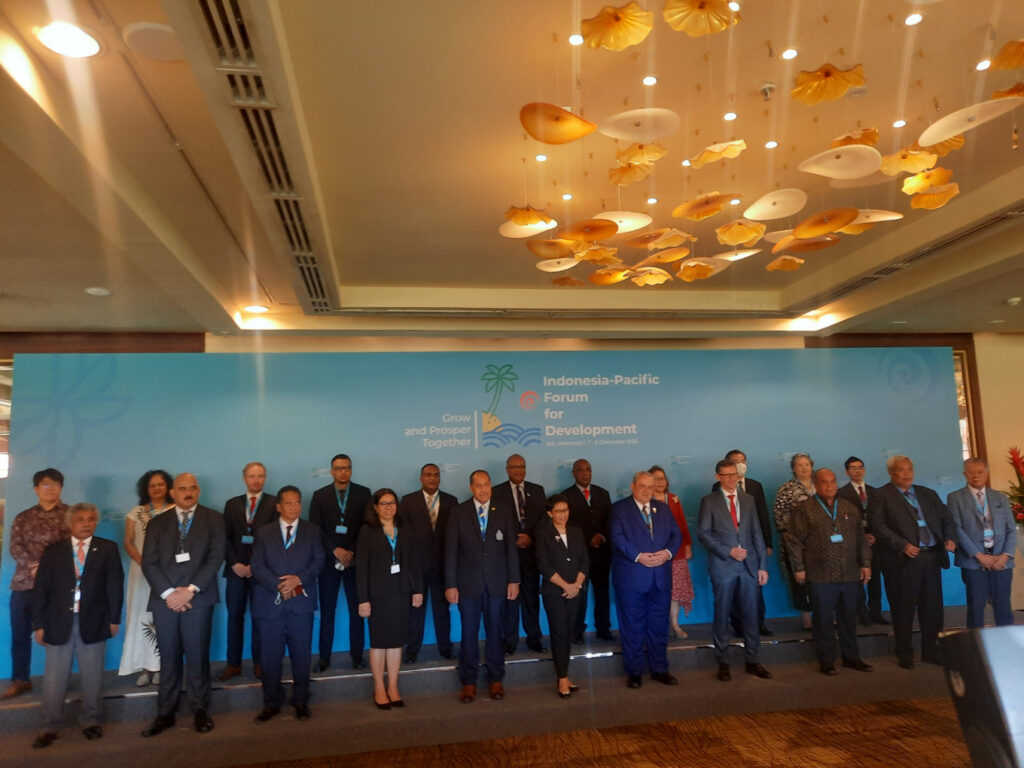
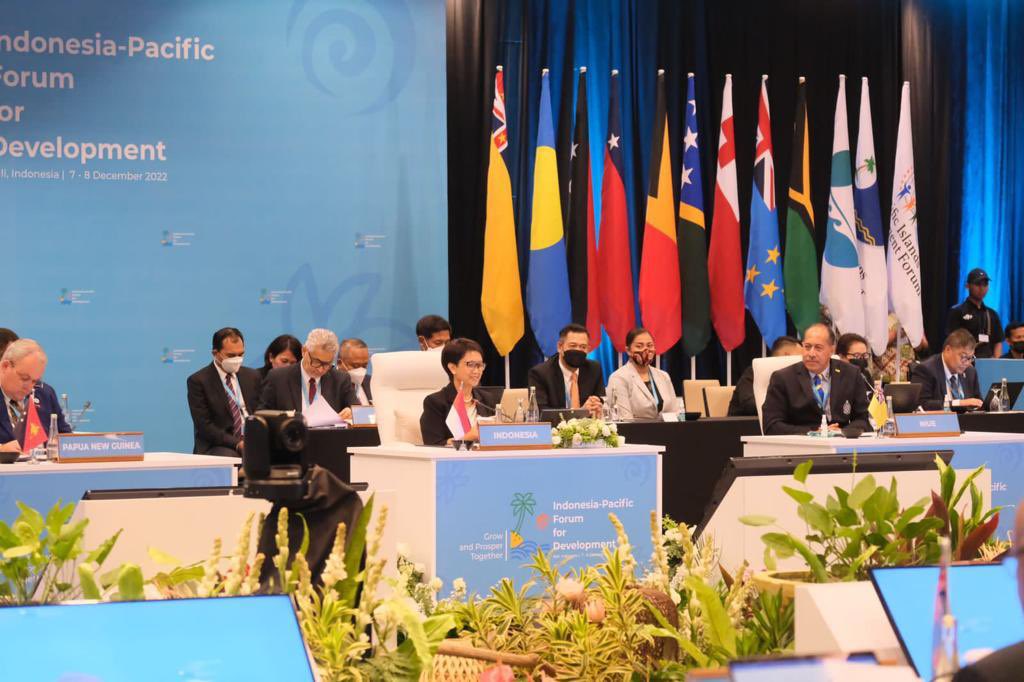


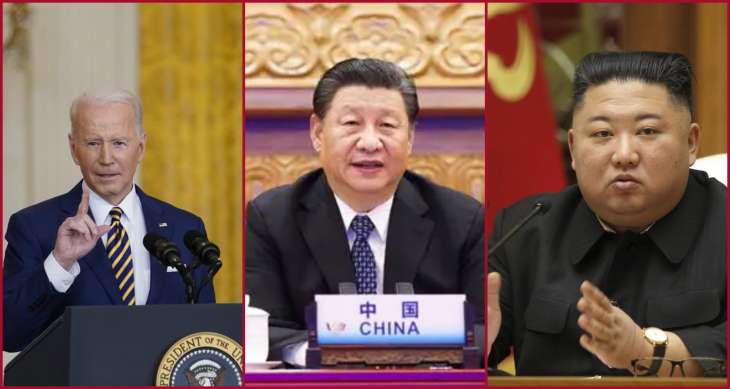
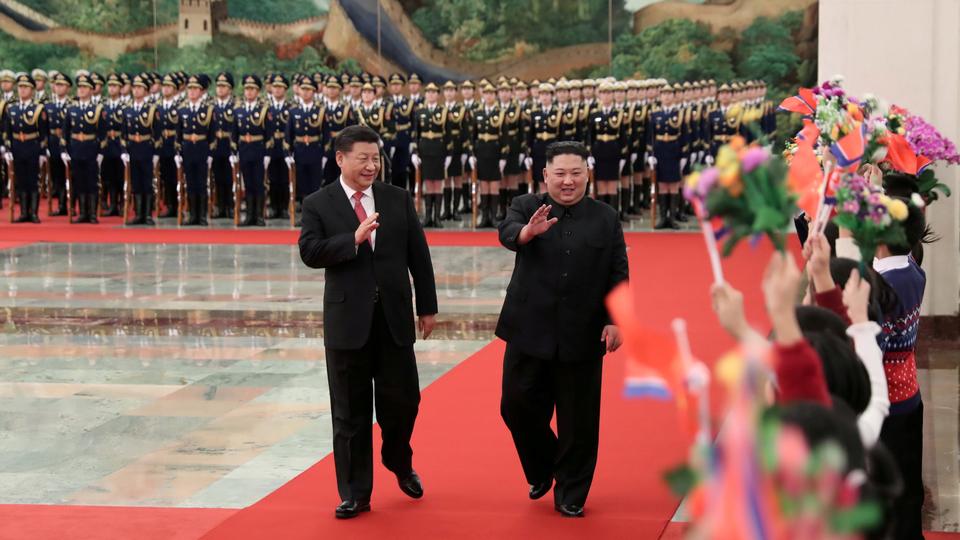

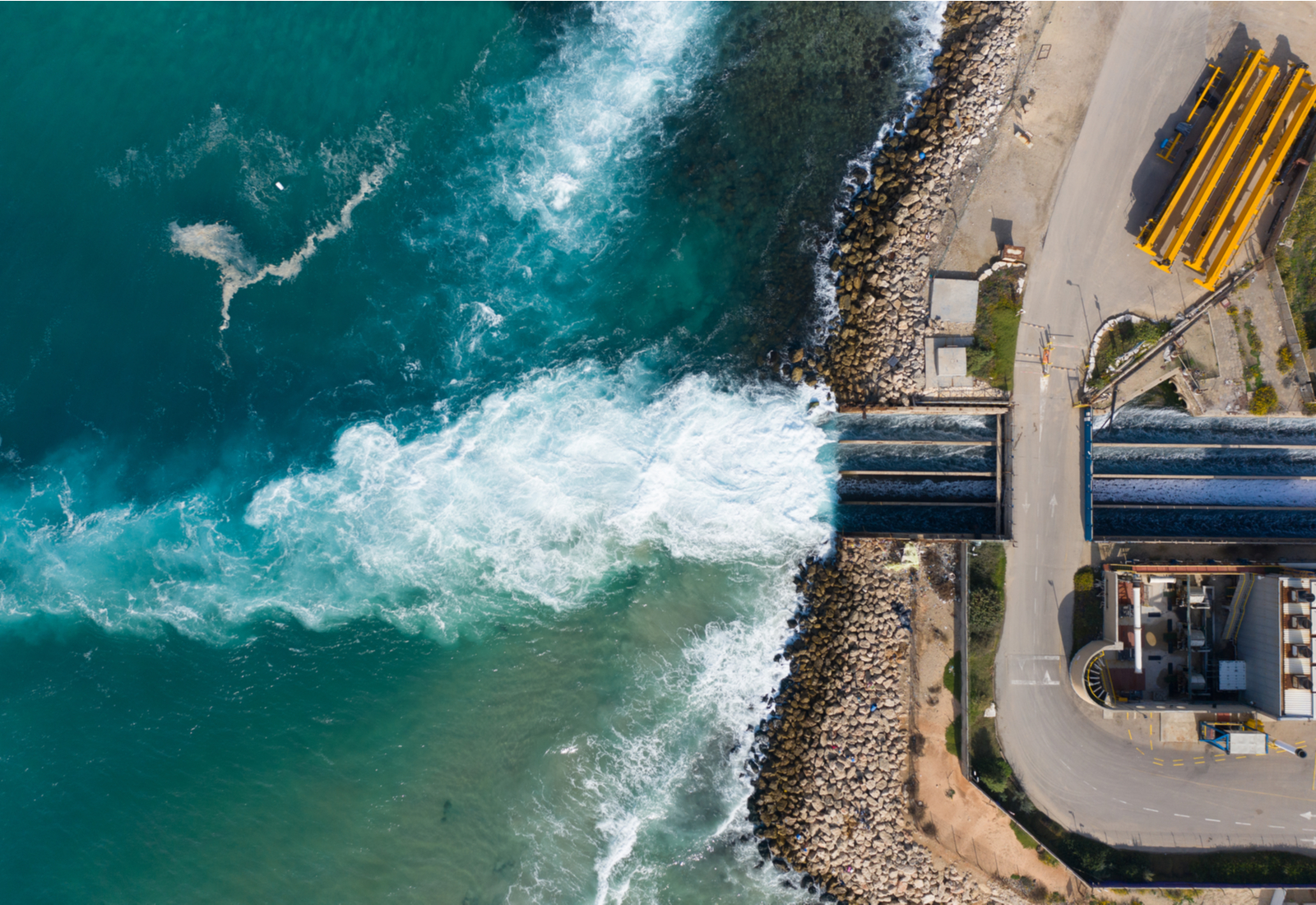
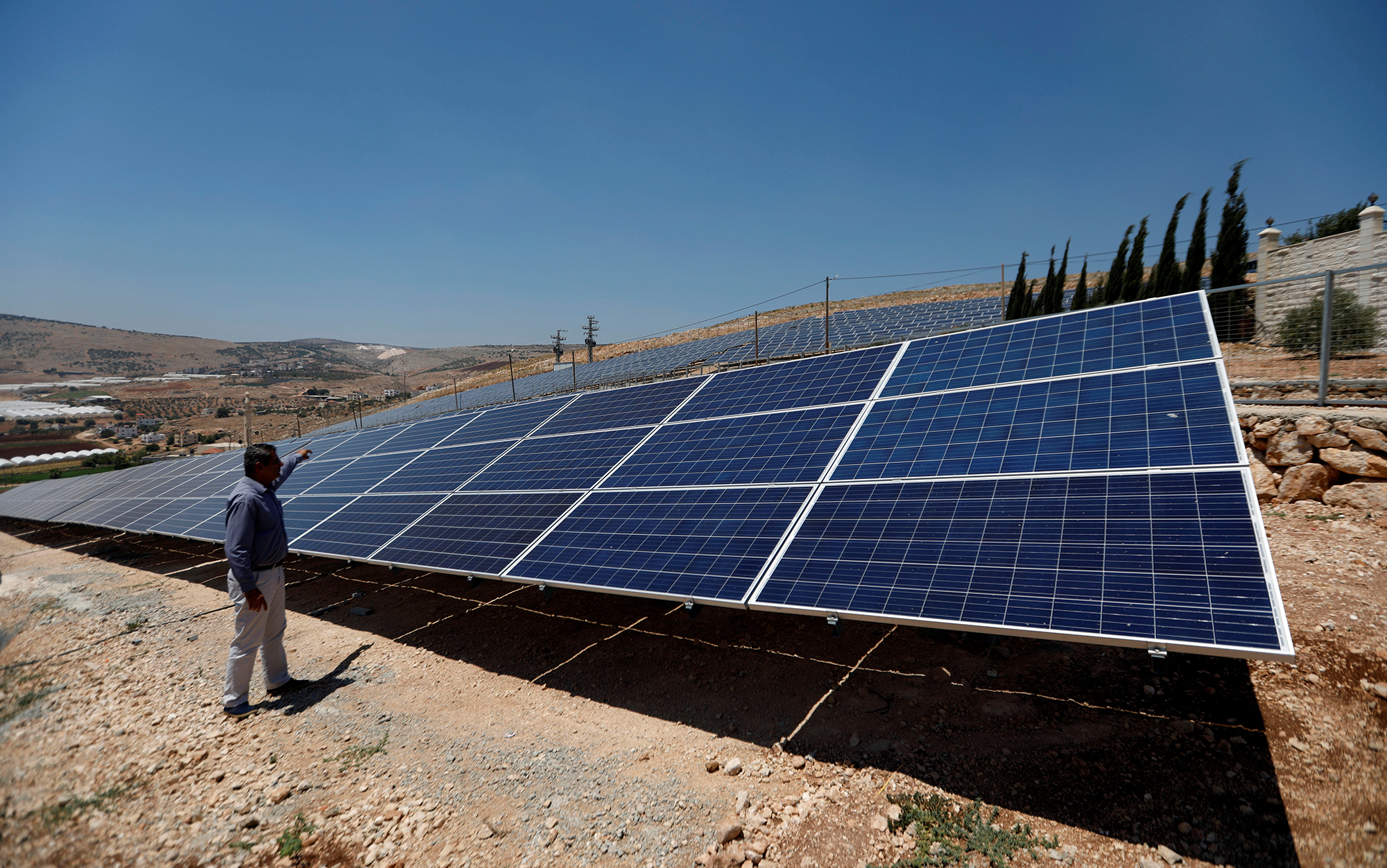
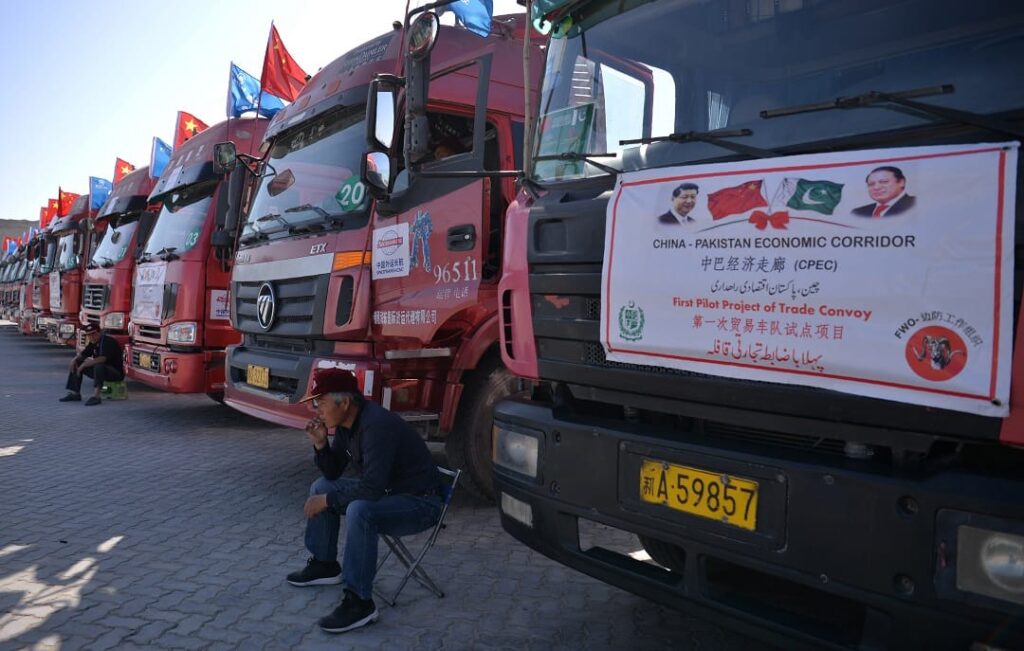

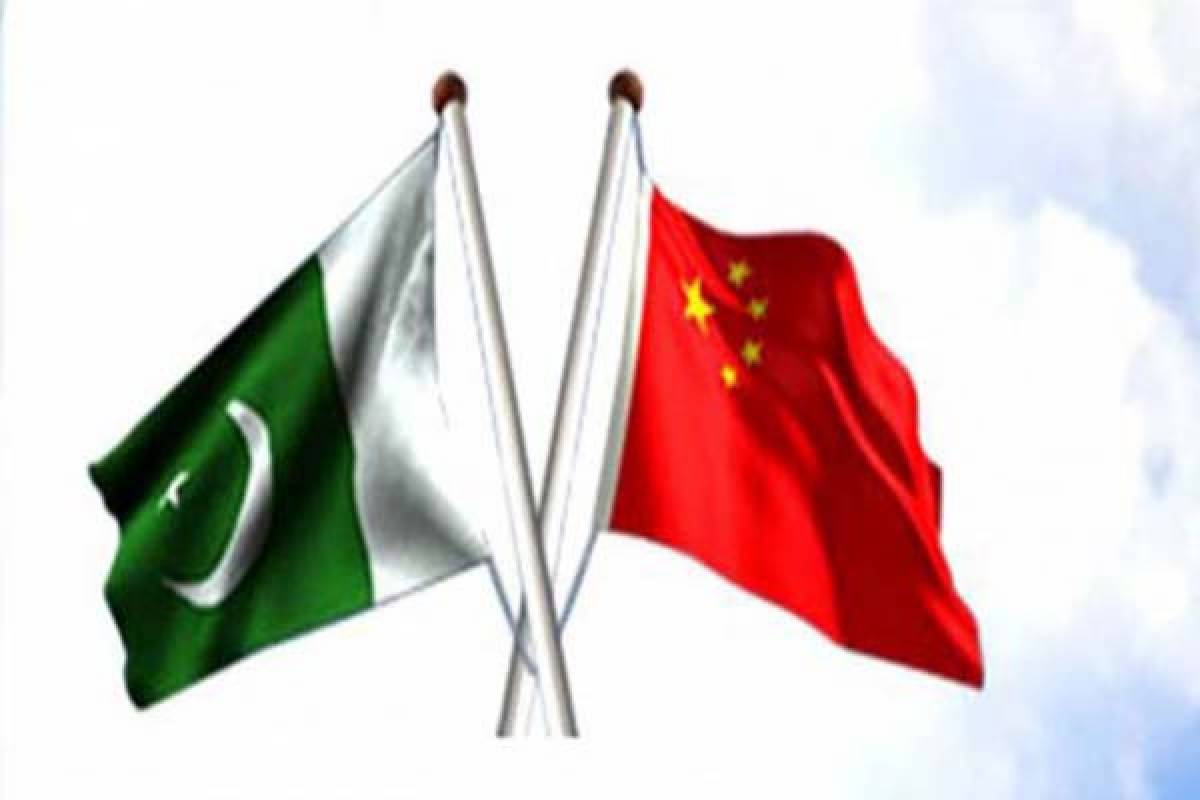

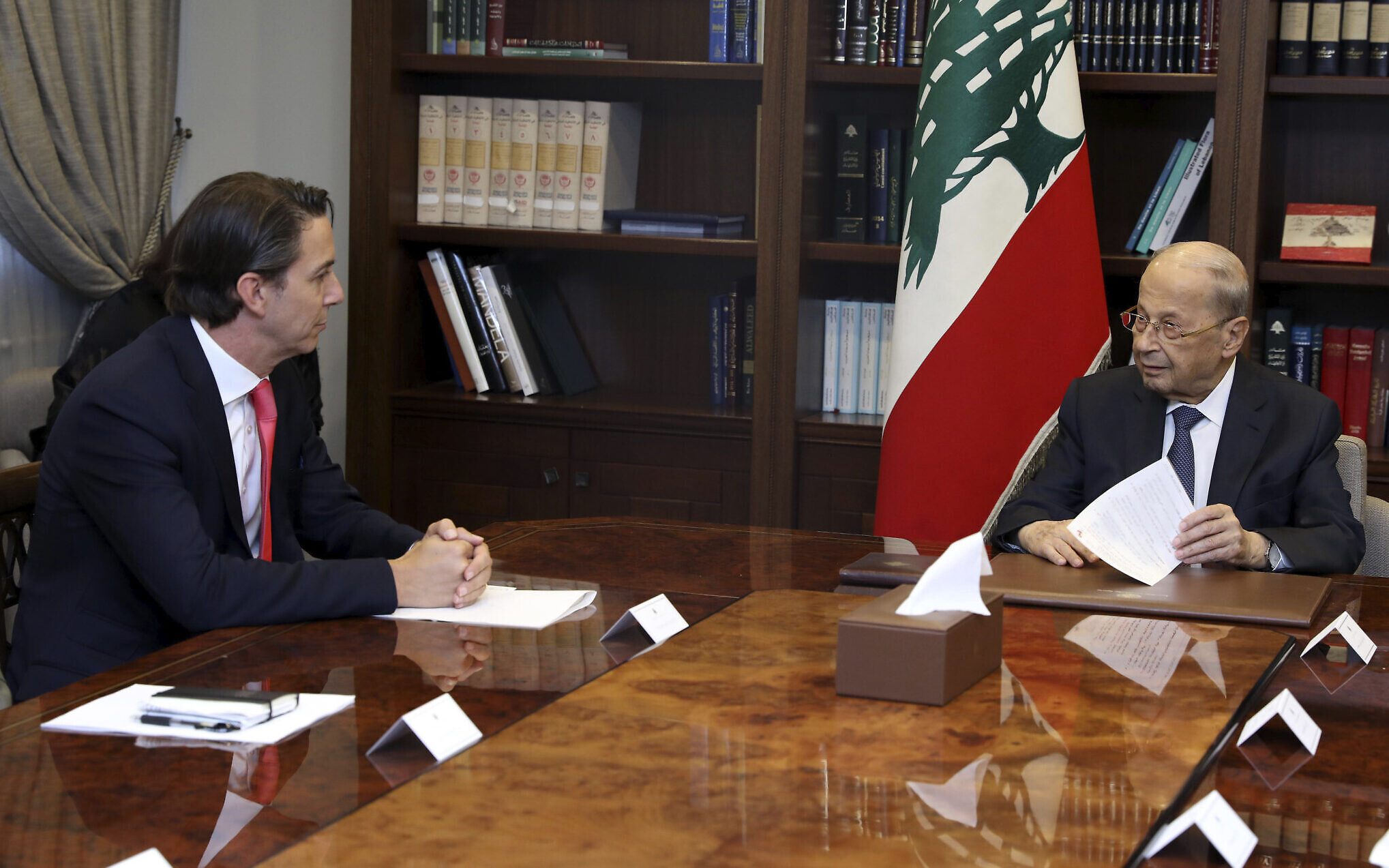

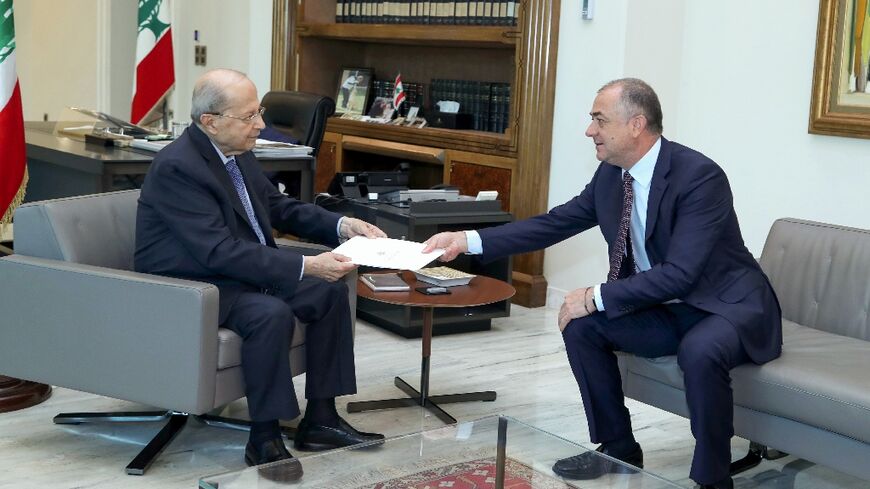 Analysis
Analysis